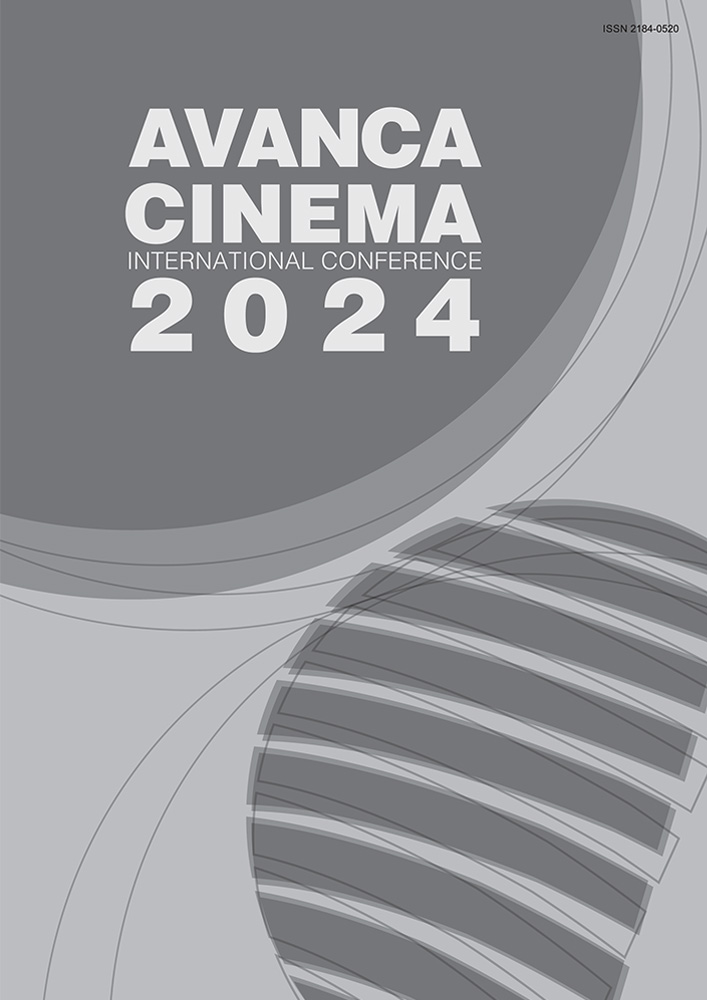Capítulo II _ Cinema - Cinema
Migração feminina através do documentário Mulheres que Migram- Brasil 2023
Resumo
International migration is one of the most important contemporary social phenomena, which has been mobilizing societies, international and national organizations, States and political decision-makers of different countries, worrying Human Rights associations and representatives and stimulating research in the area. In fact, the current context is characterized by the increase, diversification and feminization of migratory flows, with female migration increasing all over the world. More and more women of different generations, education levels, backgrounds and countries are emigrating on their own with autonomous and individualized projects or with migratory projects linked to family reunification and are the focus of social and gender studies or star in fictional or documentary movies. The Brazilian documentary Women Who Migrate (2023) by director Sabrina Demozzi presents the story of three migrant women of different generations and nationalities in 52 minutes using participating methods. The discursive narrative is in three languages (French, Spanish and Portuguese) and records fragments of the migratory process of Romina (22-year-old Argentinian), Ruth (24-year-old from Congo) and Eliana (42-year-old Venezuelan). Throughout the migratory process, the documentary shows changes in perceptions, future projects and the life of these women, as well as the protagonism and empowerment of these women who migrate
Referências

Este trabalho encontra-se publicado com a Licença Internacional Creative Commons Atribuição 4.0.

